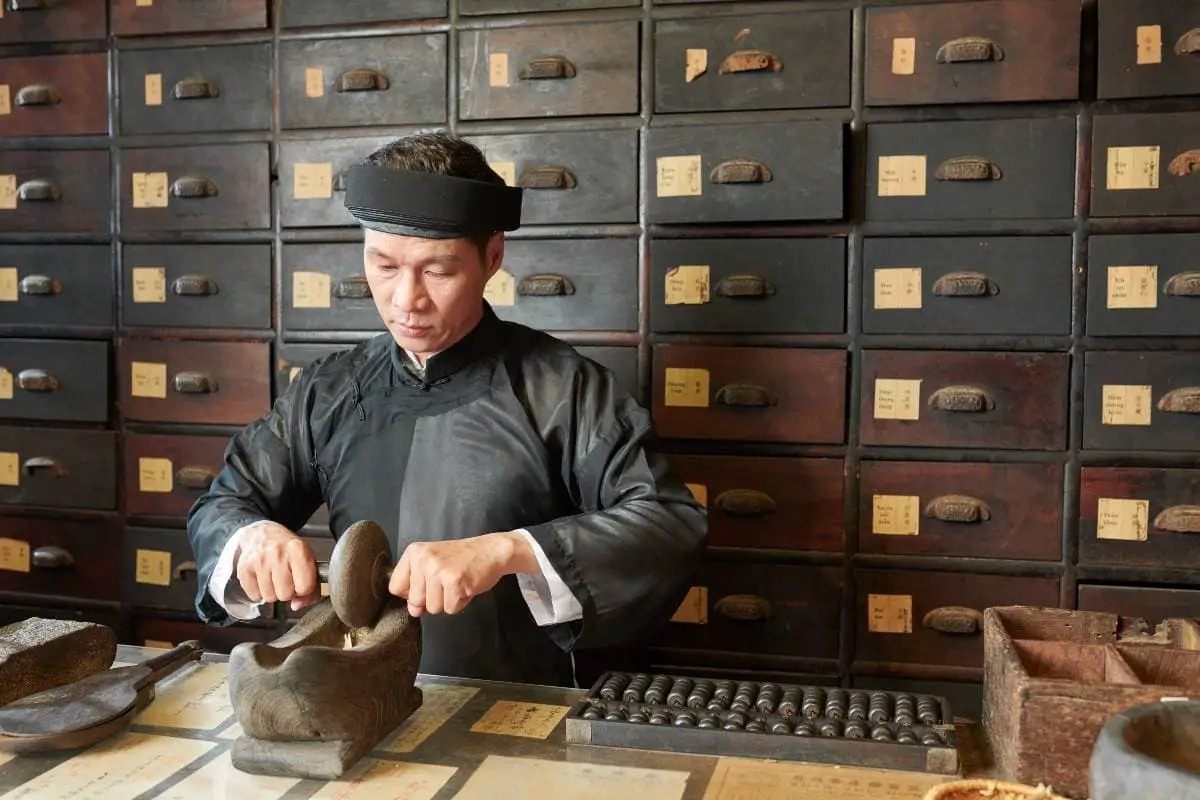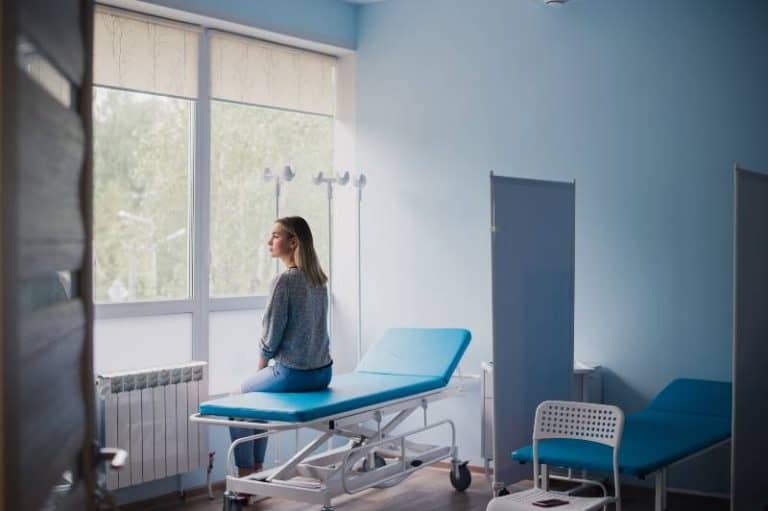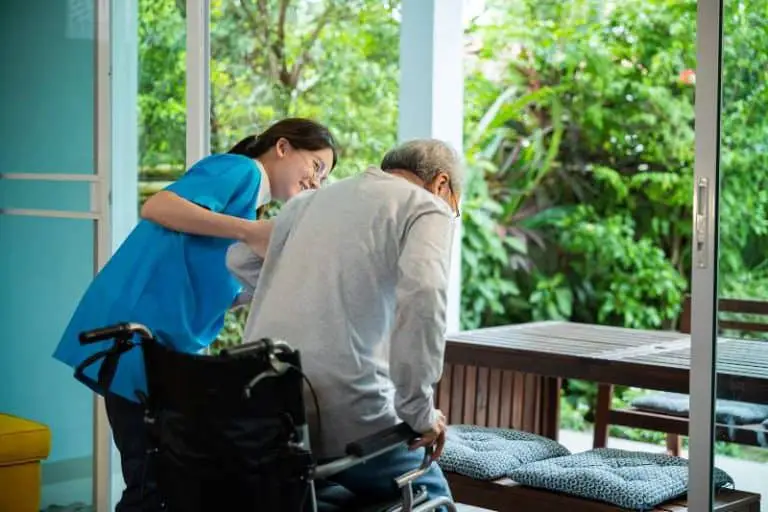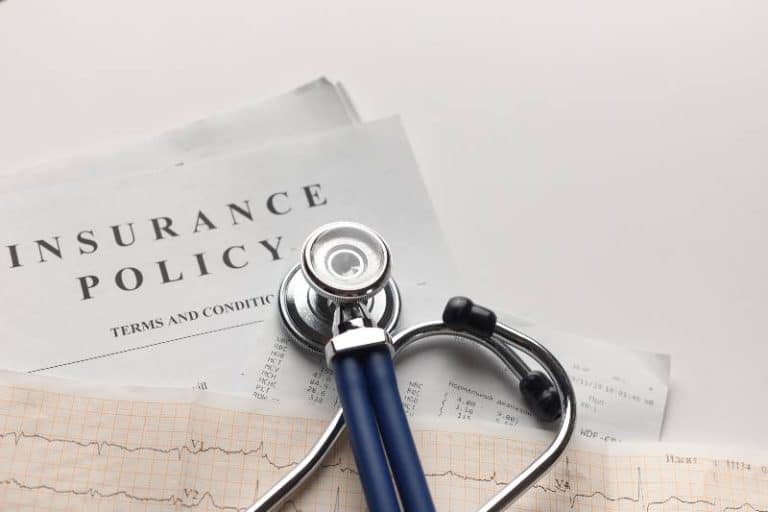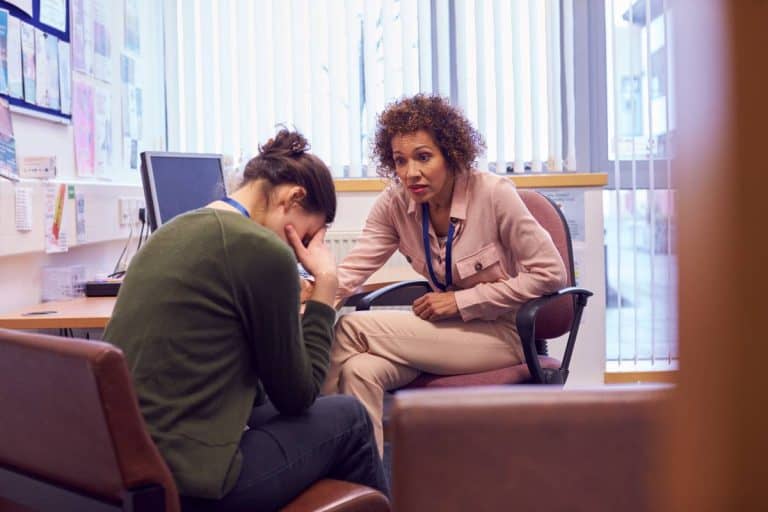How Traditional and Modern Medicine in Thailand Works (2025)
Feeling under the weather during your trip to Thailand? You may be wondering whether to visit a local clinic dispensing herbal remedies or seek out a hospital with high-tech equipment. As a visitor, you have access to Thailand’s two medical systems – modern medicine and traditional Thai medicine. Understanding these different approaches can help you find the care you need.
Thailand merges ancient healing wisdom with modern medical practices. So you can experience world-class hospitals along with traditional treatments using Buddhist principles, herbalism, and massage. By learning about both systems, you can determine which option best fits your health needs and comfort level.
According to Guimeds.com, Traditional medicine involves the use of natural remedies, such as herbs, rituals, and other plants, to prevent or treat various illnesses. In contrast, modern medicine utilizes scientifically approved therapeutic systems and diagnostic methodology to treat illnesses.
Key Takeaways
- Modern medicine was a major innovation introduced from the West in the 19th century that spread over time.
- Communication channels like universities and professional associations facilitated the diffusion of modern medical knowledge and practices.
- Adoption of modern medicine followed a process, starting in cities and eventually reaching rural areas. Traditional medicine still maintained a strong presence.
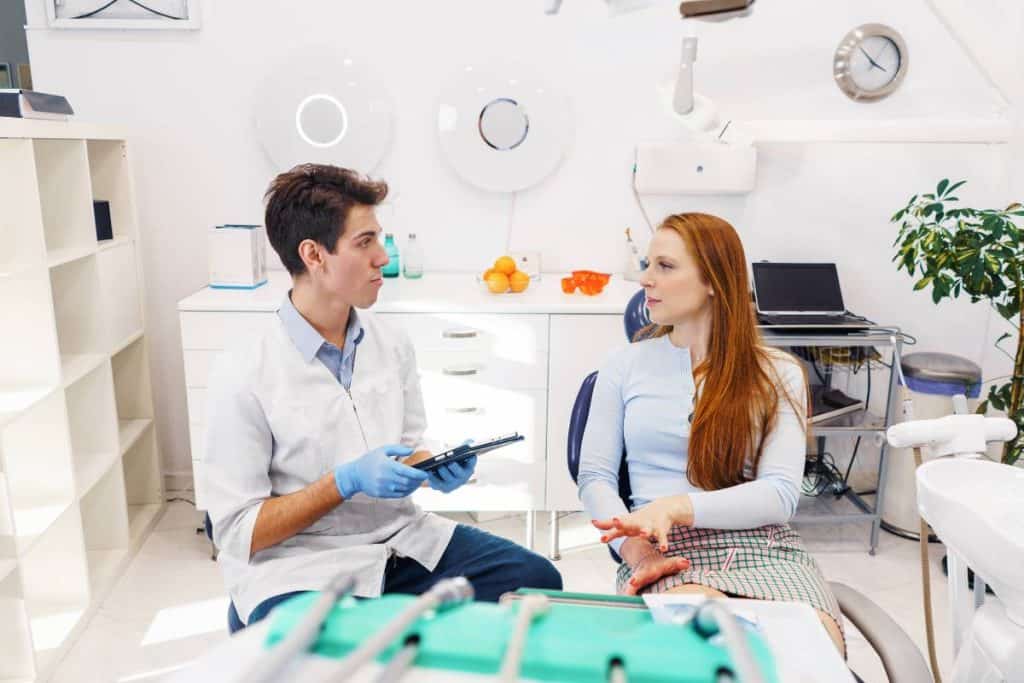
The Evolution of Healthcare in Thailand
Thailand is a country with a long history of traditional healing and herbalism, influenced by ancient Buddhist, Chinese, and Indian medical traditions. In the 19th century, Western modern medicine made its way to Thailand, leading to a dual medical system that Thais navigate today.
Roots of Traditional Thai Medicine
Traditional Thai medicine dates back thousands of years, with influences from traditional Chinese medicine and India’s Ayurvedic traditions. Knowledge has been passed down orally from generation to generation through folk healers, monks, and massage therapists.
Key components of traditional Thai medicine include:
- Herbal remedies using indigenous plants and roots
- Therapeutic massage to activate energy lines and pressure points
- Dietary advice to balance elemental forces in the body
- Meditation and Buddhist teachings for spiritual health
| Type | Practices |
|---|---|
| Herbalism | Indigenous plants, herbs, roots |
| Massage | Pressure points, energy lines |
| Dietary Therapy | Food energetics, elemental balance |
| Spiritual Healing | Meditation, prayer, Buddhist teachings |
“Thai healers prescribe herbs and treatments specific to each patient’s symptoms and constitution to rebalance their energies,” explains Dr. Anjana Chattopadhyay, an integrative medicine specialist in Chiang Mai.
In the past, Thai people relied solely on these traditional remedies, turning to local healers and monks for consultations. Herbal compresses, prayers, and massage therapy also be used to treat everything from infections to broken bones.
Arrival of Modern Medicine
Thailand’s interaction with the West led to the introduction of modern scientific medicine in the late 19th century. The first medical school teaching this new approach opened in 1889 in Bangkok.
Doctors were formally trained in anatomy, surgery, and pharmaceuticals. Hospitals were established equipped with the latest medical technology.
“Early Thai physicians who studied abroad returned home to practice medicine with a scientific foundation versus folk traditions,” says Dr. Chattopadhyay.
This ushered in a shift towards scientifically-proven modern medicine in Thailand, especially in urban areas. However, traditional medicine remained commonly used in remote regions.
Blending the Old and New
In recent decades, Thailand has seen a revival of interest in traditional remedies, even among formally-trained doctors. The government has also encouraged integrating indigenous medical wisdom with modern healthcare practices through regulations and research.
Some examples of this integration include:
- Doctors prescribing herbal supplements alongside pharmaceuticals
- Hospital treatments incorporating acupuncture, massage, and meditation
- Studies on traditional herbal formulas to meet international standards
“Many Thai physicians today have studied both modern medicine and traditional medicine,” says Dr. Chattopadhyay. “We blend care by using what works best for each patient.”
This dual approach allows Thai people to benefit from both modern medical science and the deep healing wisdom of traditional treatments. Patients can access high-tech facilities and operations along with natural plant remedies and spiritual care.
Modern Medicine with High-Tech Care
If you’ve ever been inside one of Thailand’s private hospitals, they feel just like state-of-the-art medical facilities in the West. The physicians wear lab coats and scrubs. Advanced MRIs, medical devices, and pharmaceuticals are utilized. This modern approach may make you feel most comfortable if you’re used to Western healthcare.
However, public Thai hospitals can be overcrowded and underfunded. You may encounter long waits and limited access to specialists. So do your research to find the best hospitals and clinics that meet international standards if seeking modern medical care during your stay.
Soothing Traditional Treatments
With its Buddhist roots and history as an ancient kingdom, you’ll find traditional Thai medicine almost everywhere you look in Thailand. Walk down any street and step into a shop and you’ll find shelves full of natural herbs and roots. You can get a relaxing Thai massage at rates far cheaper than Western massage therapy. Monks may provide prayers and spiritual guidance for ailments.
You’ll find traditional medicine especially vibant in rural areas where it’s been passed down through generations. But even in cities like Bangkok, traditional remedies remain popular and plentiful. This can be an affordable way to get natural healing treatments during your travels.
Integrative Care for Overall Wellbeing
Increasingly, Thailand’s urban hospitals and clinics blend both modern and traditional medicine in an integrative way. Thai physicians may have studied Western medicine but also take courses in herbalism and traditional massage.
So if you prefer to take a more holistic approach to your health, look for facilities in Thailand that offer both high-tech diagnostics and equipment along with treatments like acupuncture and herbal supplements. This dual care incorporates Thailand’s healing heritage with the latest medical advancements.
Looking Ahead
Thailand has managed to preserve its traditional medicine heritage while also adopting modern healthcare. Ongoing research aims to catalog and verify indigenous cures to be used safely worldwide.
The future of Thai healthcare will likely continue to integrate both traditional and modern medicine. This blended care balances Thailand’s ancient healing roots with the latest medical advances.
What is the theory of DOI in Thai Medicine?
The Diffusion of Innovations (DOI) theory seeks to explain how new ideas and technologies spread throughout cultures over time. This theory can be applied to understand the adoption of modern medicine in Thailand alongside the continued use of traditional medicine.
Some key points of DOI theory relevant to medicine in Thailand:
- Innovations – Modern scientific medicine was a major innovation introduced from the West in the 19th century. This represented new knowledge and practices compared to traditional Thai medicine.
- Communication Channels – Modern medicine spread through new universities and hospitals established to formally train Thai physicians. Conferences, journals, and professional associations also facilitated communication.
- Time – It took time for modern medicine to be adopted, starting in major cities and eventually reaching rural areas. Traditional medicine continued to be used, especially in remote regions.
- Social System – Thailand’s healthcare system and cultural norms needed to shift to adopt the new innovation of modern medicine. Political support, public awareness, and regulating policies affected diffusion.
- Adoption Process – Early adopters of modern medicine were exposed to the West. The majority eventually adopted as modern practices filtered through hospitals and clinics. Some lagging groups held onto traditional practices.
In summary, DOI theory illuminates the stages Thailand went through as modern medicine was introduced and gained acceptance while traditional medicine still maintained a presence, especially outside major urban hubs. The diffusion and adoption of medical innovations continues as traditional and modern systems integrate.
My Journey Navigating Thailand’s Dual Medical System
As a Thai person who has experienced both modern and traditional medicine, I’m often asked which system I prefer by foreigners visiting my country. Here on BetterLivingAsia.com, I want to provide insight into the blend of old and new healing practices found in Thailand.
Some of my friends and family are in a rural village outside Chiang Mai. The local doctor was an elderly woman versed in herbs and massage. She would mix up poultices and tonics using plants from the plants and instructions passed down through generations. We had great faith in her remedies.
When I moved to Bangkok, I was astounded by the gleaming hospital campuses and specialists for every ailment. But my parents would still send me home with traditional medicines, trusting in the old ways.
Today, I have the best of both worlds available to me now living in Thailand’s capital. My physician was trained overseas but also incorporates acupuncture and herbal supplements. I can get cutting-edge lab tests but also receive Buddhist blessings for health at my local temple.
For newcomers to Thailand seeking care, my advice is to stay open to both systems. Our traditional remedies have cured ailments for thousands of years. But modern medicine provides lifesaving interventions not available in the past.
By integrating both approaches, Thailand gives patients access to incredible medical technology while retaining our heritage. We have found a balance between East and West that I am proud of as a Thai citizen.
I hope readers at BetterLivingAsia.com will explore Thailand’s healing arts with curiosity and take advantage of both high-tech and holistic care. Let me know if you have any other questions as you navigate Thailand’s unique blend of medical traditions!
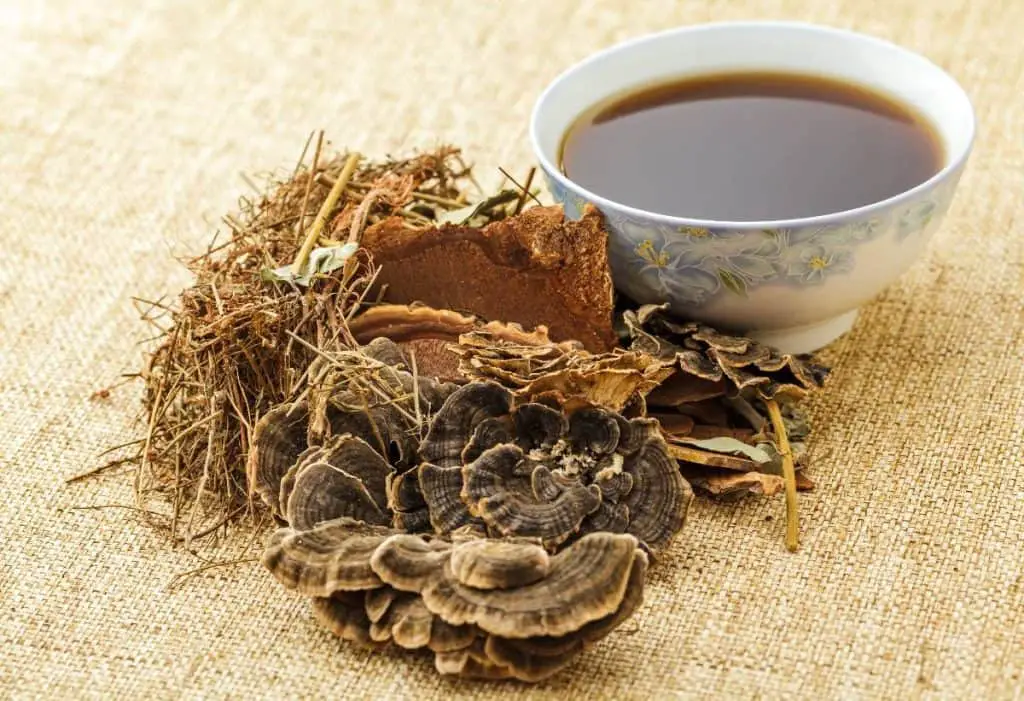
Traditional and Modern Medicine in Thailand FAQs
Q: What is the significance of traditional and modern medicine in Thailand?
A: Traditional and modern medicine in Thailand play a crucial role in addressing the healthcare needs of the Thai community. While modern medicine is prevalent, traditional Thai medicine is still widely used, and efforts are being made to restore and promote its popularity.
Q: Can you explain the terms and conditions for the use of herbal medicine in Thailand?
A: The use of herbal medicine in Thailand is governed by the Ministry of Public Health and the Thai government. The government has established regulations and guidelines to ensure the safe consumption and licensing of traditional herbal products.
Q: How are Thai traditional medicine and herbal medicine utilized in Thailand?
A: Thai medicine (capsule) and herbal medicine are used to describe the traditional practices and the use of herbal remedies within the healthcare system. They are also included in the National List of Essential Medicines to provide complementary healthcare options.
Q: What is the role of traditional and modern medical practitioners in Thailand?
A: In Thailand, both traditional and modern medical practitioners play an essential role in addressing the medical needs of the population. They contribute to the healthcare system by offering a range of treatment options and medical history insights.
Q: How is herbal medicine utilized in the treatment of cancer in Thailand?
A: Herbal medicine, including the use of turmeric, is being studied in Thailand for its potential in cancer treatment. Research and systematic reviews are being conducted to explore its efficacy in addressing health concerns, including cancer.
Q: What organizations are involved in the promotion and regulation of traditional and modern medicine in Thailand?
A: Various organizations, including the Ministry of Public Health, ASEAN, and licensed traditional medicine practitioners, are involved in promoting and regulating the use of traditional and modern medicine in Thailand.
Q: How is the popularity of Thai traditional medicine being restored and promoted?
A: Efforts to promote and restore the popularity of Thai traditional medicine include conducting studies, engaging the Thai community, and integrating traditional practices with modern healthcare to provide comprehensive medical care options.
Q: Are there specific regulations for the consumption of herbal medicine in Thailand?
A: Yes, the consumption of herbal medicine in Thailand is subject to regulations set by the government and healthcare authorities. These regulations aim to ensure the safe and effective use of herbal remedies.
Q: Can Thai traditional medicine be used in conjunction with modern medical treatments?
A: Yes, Thai traditional medicine can be used in conjunction with modern medical treatments to provide complementary healthcare options. This integration offers patients a holistic approach to addressing their health needs.
Q: What is the role of traditional and modern medicine in the national economic and social development of Thailand?
A: Traditional and modern medicine in Thailand contribute to the national economic and social development by addressing the healthcare needs of the population, promoting the use of herbal products, and creating opportunities for research and medical advancements.
Conclusion
Thailand presents visitors and residents with a rare opportunity to experience both modern and traditional medicine. By staying open and doing your research, you can find high-quality care ranging from futuristic hospital treatments to herbal shops honoring ancient wisdoms.
As someone who has navigated both systems, I encourage newcomers to Thailand to learn about the incredible medical resources here. Blend technologically-advanced interventions with natural therapies for a balanced integrative approach.
Want to learn more first-hand advice for living in Thailand? Subscribe to BetterLivingAsia.com for resources to help realize your dream of an enriching life in Asia. We provide insights into healthcare along with culture, visas, housing, and more.
Thailand offers world-class care and fascinating healing traditions. By learning from local experts, you can make informed medical choices during your stay. Subscribe now to begin your journey of discovering Thailand’s treasures through the pages of BetterLivingAsia.com.
